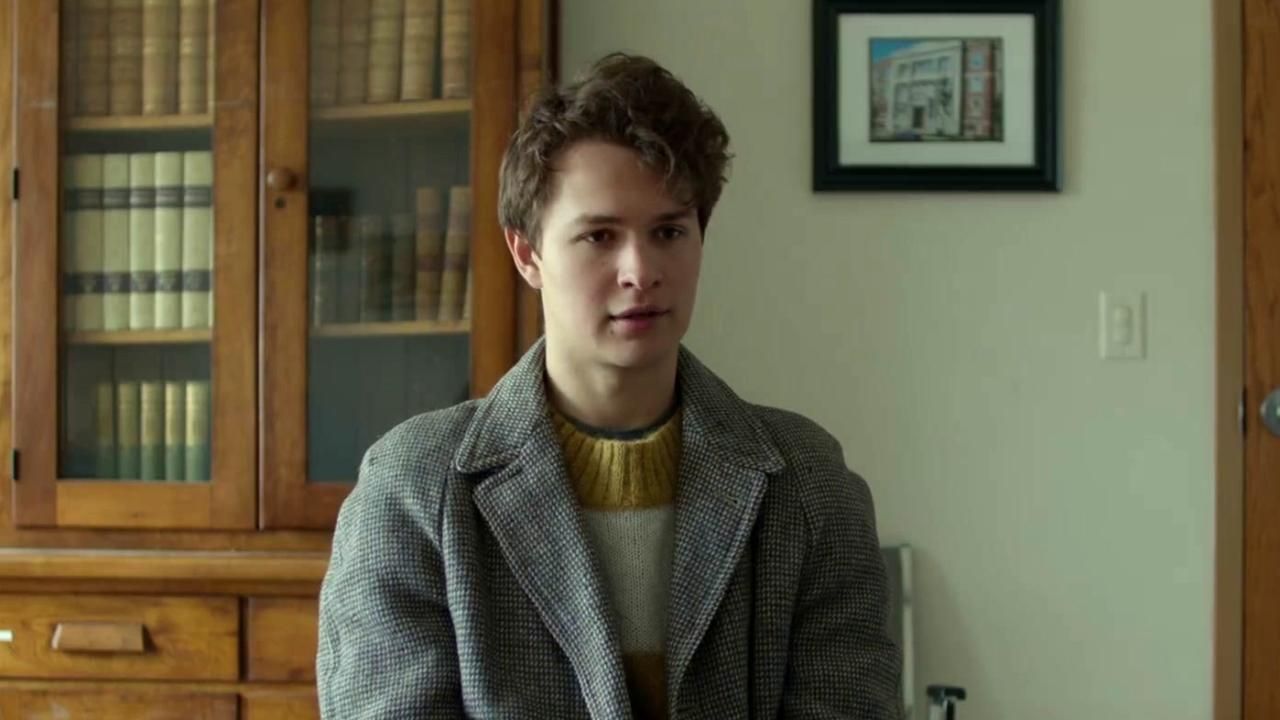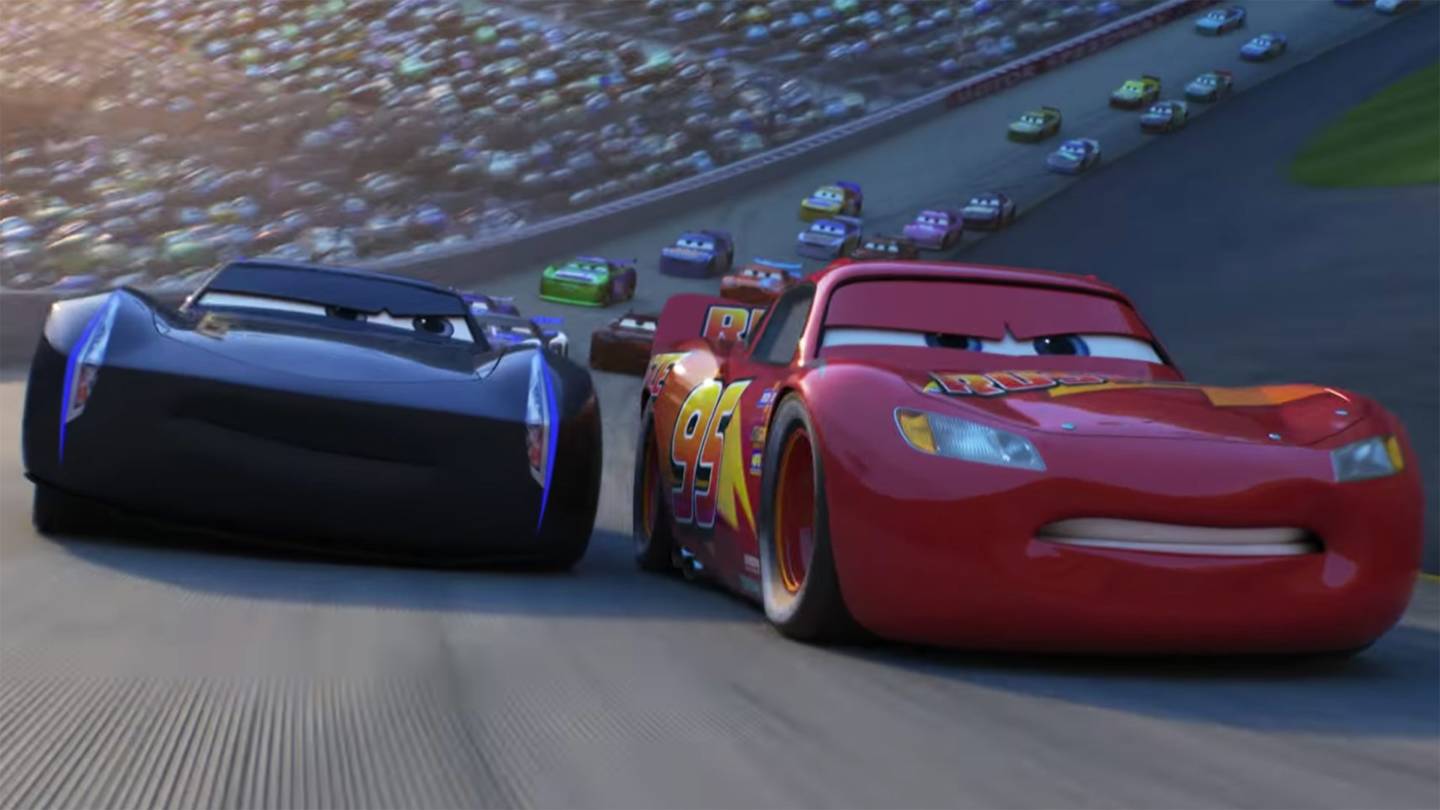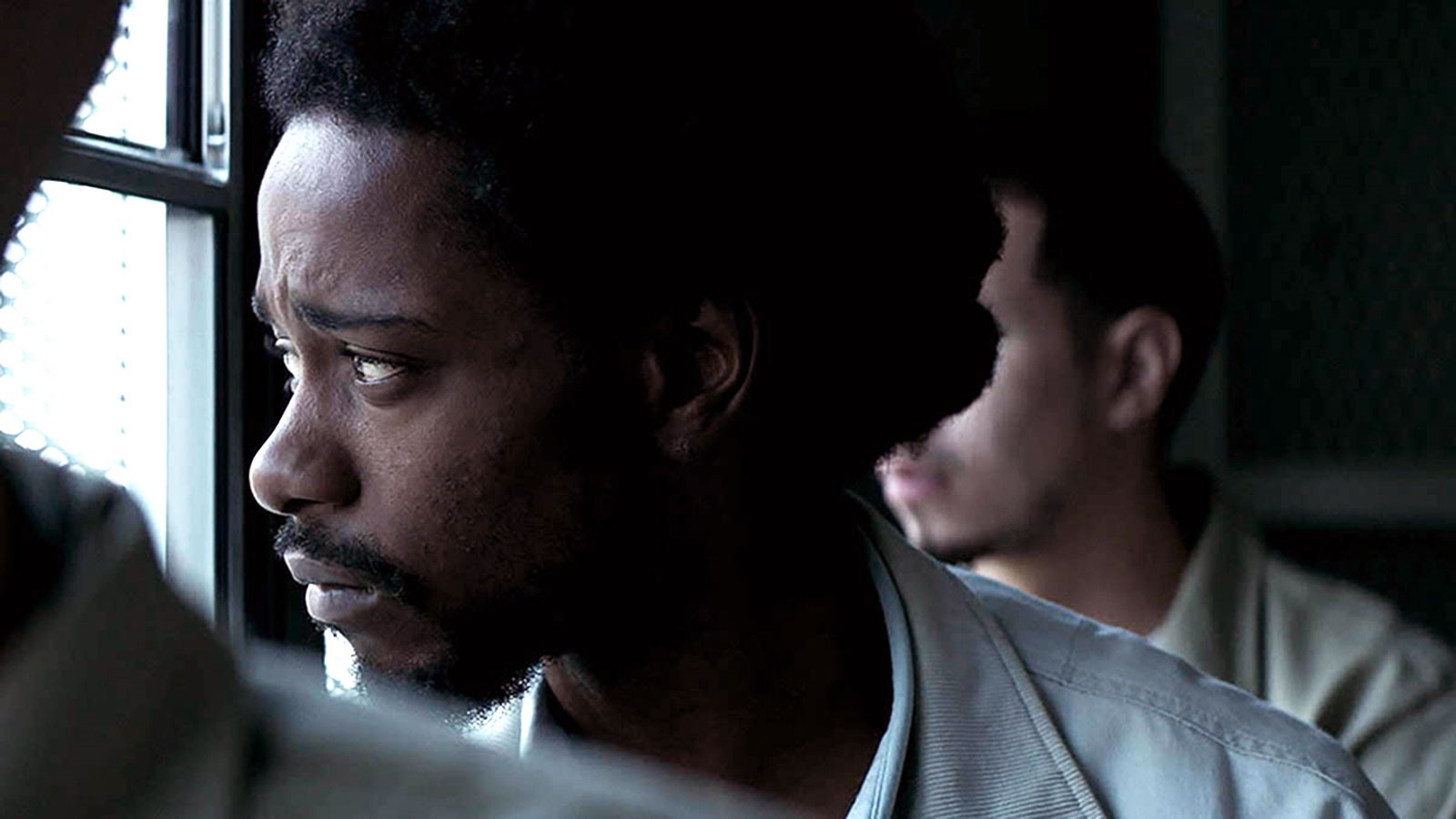The healing power of music is undeniable, but there’s another element to that. While a particular song can trigger vivid memories of bliss that feel like they just happened yesterday, the medium can also remind us of things we’ve lost. Writer-director Ned Benson’s The Greatest Hits prominently centers on that premise within a fantastical, romantic exploration of cutting through grief and the place of art in that process. Moving on is easier said than done, but it can be even more complex when your mode of solace also serves as a constant pillar of remembrance. It’s not necessarily fair that a 90s song that used to bring you joy had the color stripped from it because of life’s trials and tribulations.
Within the film’s opening moments, we are met with a collage of happy memories of Harriet (Lucy Boynton) and her boyfriend Max (David Corenswet). Everything seems hunky dory, but in reality, Harriet is in a darkened living room with a timeline of moments on her wall. Soon, it’ll be two years to the day of Max’s tragic death in a car accident, and Harriet has a strange condition. By playing certain songs on her record player, Harriet can transport herself back to the moments when she and Max first heard them. Frantic attempts to try to change the past so that the accident doesn’t happen prove futile as she is on the search for the correct moment to change her tragic history. Could this be because she suffered a head injury in an accident, and it all be her imagination? Possibly. It’s a story beat that Benson tries to play with as a device and a metaphor for being mired in the past. However, the phenomenon seems natural to Harriet as she tries to figure out where to go next.
For much of Greatest Hits, Harriet is still struggling to adjust to the modern world — to the point that she wears noise-canceling headphones wherever she goes to counteract her time-traveling abilities if their perchance gets triggered at a coffee shop or any other place. Most of the film has Harriet’s character saturated with sadness and slowly trying to come to terms with it — much to the credit of where Boynton tasks the role. Harriet has a DJ best friend named Morris (Crute), who primarily serves the conventional moral support role mixed with the push for his friend to move on. While attending a weekly group therapy session, Harriet’s time to speak is interrupted by David’s (Justin H. Min) accidental clumsiness. David has something to deal with in his own right; he recently lost his parents and decided to sell their antique store in his home to (you guessed it) move on. However, the warm nature in which Min approaches this role gives the film another layer. It’s enough to temporarily pull Harriet from her depressive slumber and contemplate if she can find love again.
As a nice touch, Benson provides a floor for a lot of musical discovery through different eras, and there’s a flair cinematographer Chung-hoon Chung provides to give a visual aesthetic of how it feels when music hits your ears. There are times when the audience will recall the same moments Harriet does. Yes, this love story is synchronistic as much as it is predictable, but it’s more Harriet’s story, even as a dualistic look at what loss does is presented. David is left to his own devices to figure things out and has to be there for everything happening to Harriet — but it’s not necessarily reciprocated. It could be because she can’t understand, as she’s essentially mourning the memories in her mind. But to present a romantic story of this nature, it would have been nice to see them meet each other halfway. The Greatest Hits also poses more significant questions of fate, and if Harriet were to change the past, would she have even guaranteed she and Max a happy-ever-after ending? Perhaps she’s currently living it in if she allows herself to. It’s a bigger rumination that would cause dissent with how neatly the film ends its premise.
Grief and music are similar entities that you can face. But together, they can only go so far as to carry a story to the finish line.













